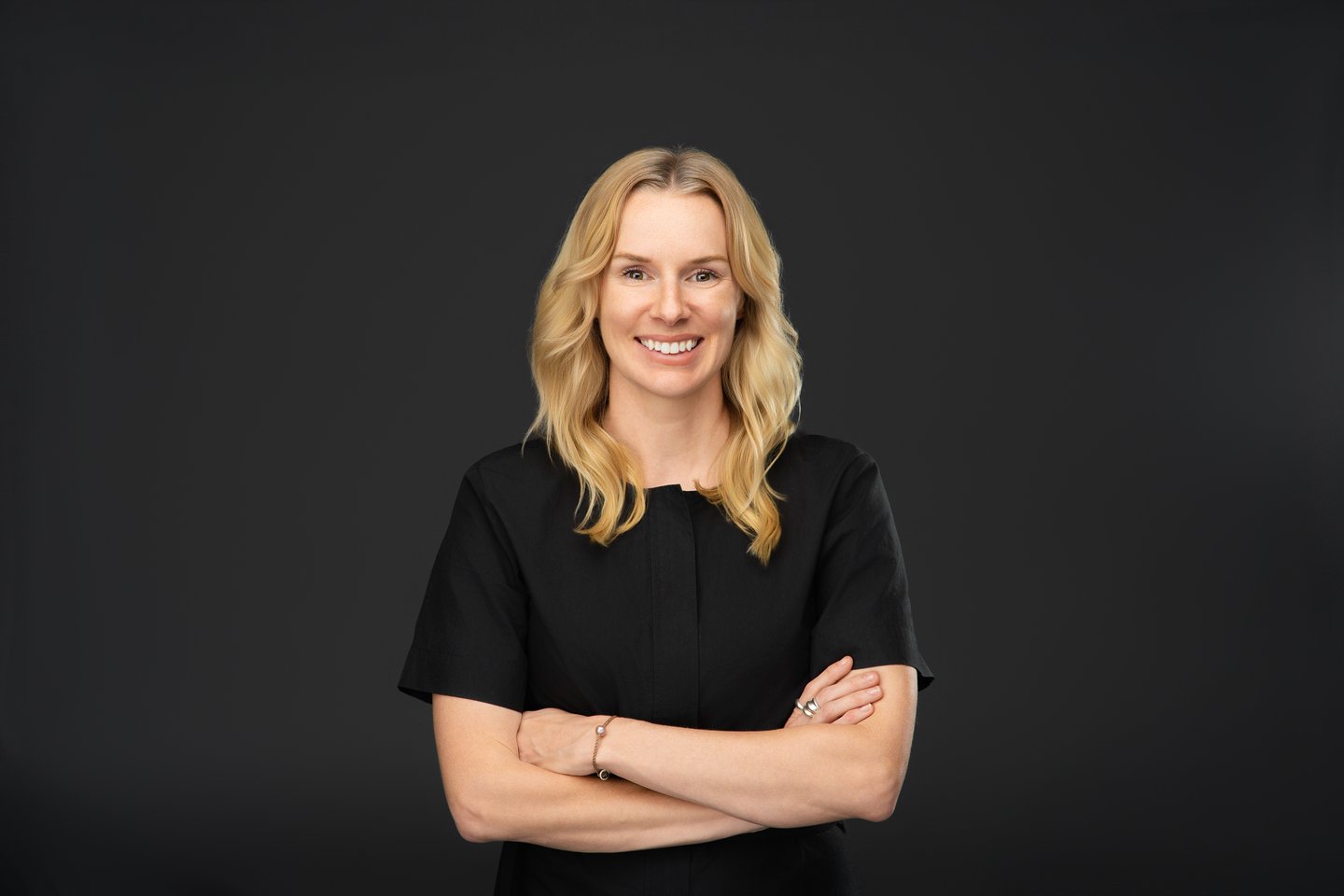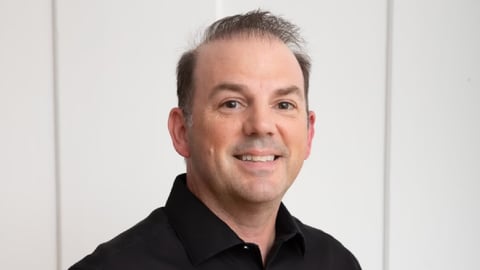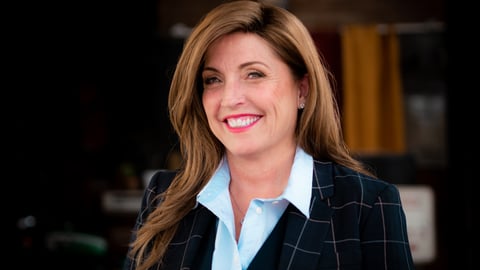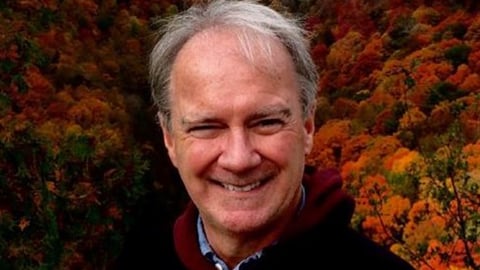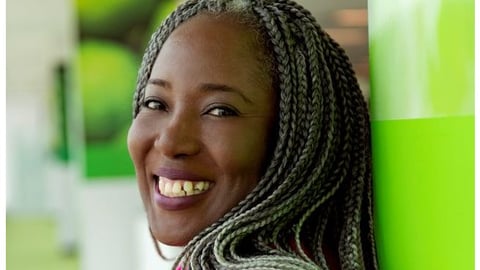How Flashfood CEO Jordan Schenck Takes the Lead
Flashfood started as a bright idea in Canada back in 2016—an app that helps shoppers snag groceries at up to 50% off while keeping perfectly good food out of landfills. Fast forward nearly a decade, and that idea has grown into a full-fledged movement across North America, with Flashfood partnering with thousands of stores and diverting millions of pounds of food waste.
In Canada, Flashfood’s largest retail partner is Loblaw. Together, the companies say customers saved more than $50 million on groceries in 2024 through the app—a win for shopper budgets, the environment and business.
Now a remote-first company with team members across the U.S. and Canada, Flashfood is entering its next chapter under new leadership. After joining the company in 2023, Jordan Schenck quickly rose through the ranks—from chief brand officer to president and COO—before being named CEO in early 2025.
Before Flashfood, Schenck helped shape the plant-based revolution as head of consumer marketing at Impossible Foods, and co-founded the wellness beverage brand Sunwink. In other words, she’s no stranger to leading innovation and building brands with a world-changing purpose.
In her tenure at the company, Flashfood has undergone a rebrand and launched a new app experience tailored to independent grocers.
“Flashfood is an opportunity to work at a triple bottom-line company—our business benefits the planet by reducing food waste, serves consumers by providing affordable groceries and supports retailers of all sizes by driving their sales and profitability,” says Schenck. “All three of these elements are working in harmony.”
Canadian Grocer caught up with Schenck to chat about leadership, the future of food tech and the benefits of a physical morning routine.
Have you always been a leader? Or wanted to lead?
I ask myself that sometimes, like, how did I get here? At a young age, I don’t remember what I wanted to be. However, in high school I had an inkling that I would do something in business. A lot of that was inspired by my mom. She's an amazing businesswoman, and watching her work as I was growing up really empowered me.
At first, I thought I’d pursue finance—mergers and acquisitions. But somehow, I ended up studying Mandarin and Chinese business practices in university, right around the time China hosted the Summer Olympics in 2008. It was a completely different time globally. .
Why did you shift away from the finance track?
I’ve always been drawn to taking on hard problems—the ones no one else is lining up to tackle. I find there’s a lot of growth in doing the difficult thing, and the potential for impact is greater and quicker.
I had a mentor who once told me about his experience at a major European bank. Nobody wanted a certain project, so he took it on, built it out and eventually launched a boutique hedge fund. That story stuck with me—how doing the hard, overlooked thing can lead to outsized success. So, I realized M&A wasn’t it for me. It didn’t inspire me creatively or in terms of impact. I started gravitating toward marketing, but even there, I didn’t want to just keep running legacy campaigns to sell, for instance, more beer. That would burn me out. I needed to work on businesses that felt meaningful—ones with a mission and a purpose that actually matter for the future.
READ: Grocers are tackling food waste—and helping shoppers save
So your move into mission-driven leadership was intentional?
Yes, but not in a “must-be-a-CEO” kind of way. It was more about finding roles—sometimes operational, sometimes executive—that let me work with smart people on hard, important problems. Today, that mission is about moving industries forward—especially around sustainability. I’ve always been drawn to businesses that should exist, but oftentimes don’t get the lion’s share of attention and talent they deserve. Those are the companies I find most energizing.
Was Impossible Foods your first shot at proving that thesis?
Impossible was where I really got to test that idea: that important, purpose-driven businesses need a different kind of launch playbook to break through. Like Bitcoin didn’t run the playbook that everyone else did before it, Impossible could have ended up in the freezer aisle launched with a standard CPG campaign. But when you’re bringing something brand new to market, the opportunity to zig when everyone zags is high. And that’s what we did. We focused on culture—celebrities, influencers, PR, events, Reddit threads. We didn’t run the performance marketing playbook. We created buzz, trust and cultural relevance. And it worked. People still talk about "running the Impossible Foods playbook," but I always tell them: “Don’t.” What made the Impossible launch successful was that we created a playbook tailored to the moment. Every company needs to find their own breakthrough—not copy someone else’s.
As CEO of Flashfood, how are you balancing mission, innovation and scale?
We're still in scaling mode and so we constantly go back to basics: What's the single most important thing right now? What’s number two? And number three? That’s the list. Any more than that, and people lose focus and sight of the priorities. Our mission is straightforward: we want to be the go-to solution for grocery retailers to sell their surplus or shrink food in a way that's simple, profitable and impactful. And on the consumer side, it's about making healthy food more accessible and affordable—which can truly be life-changing. That kind of clarity makes it easier to decide where and when to scale. And also, we’ve seen what happens when mission-driven companies try to grow too fast without achieving sustainable economics. We're being really intentional about growth, always balancing impact with profitability. Because if we want this company—and its mission—to stick around, we have to build it to last.
You’ve talked about building a culture of candor at Flashfood. What’s your approach to encouraging open feedback?
It starts with being willing to model it. You have to create those moments—even if they feel awkward—when people realize it’s okay to speak up. I’ve learned from great mentors when there’s silence in a room, it’s not my job to fill it. But it is my job to invite others in. Some voices naturally dominate, so it's on leaders to create space for the ones that don’t. Over time, if you stay consistent, that kind of culture starts to build itself. When people are both challenging and complimenting you, that’s a signal you’re on the right track.
What do you do outside of work that helps you show up as a better leader at work?
I take my morning routine seriously now. Before I start work, I’m walking, moving, being physical—giving myself space to think. Physical energy translates into presence as a leader, and that’s often underestimated. When you’re leading, you have to show up—not just physically, but with energy and presence. Some days are hard, and it’s your job to lead through that. Eyes are on you when things get tough. So if I’m not showing up looking and feeling physically energized—even excited—it has an impact. Those are important signals for the team. And so I’ve found that making space for physical activity is a non-negotiable part of my daily routine. I’ve also started journaling three pages a day, stream-of-consciousness style. It helps me process everything from doubts to strategy. And honestly, I’ve fully embraced AI—I’m a heavy user. I’m constantly prompting, analyzing, learning. It sharpens my thinking, boosts my preparedness, and acts as a multiplier when I need to accelerate the analytical side of my leadership.
Canadian Grocer's How I Take The Lead series speaks to people from across the industry about how they take the lead on a specific project, initiative or aspect of their job. You’ll hear from grocery leaders about their passions, how they tackle challenges, what they’ve learned and what keeps them motivated. Have a pitch? Send it to digital editor Jillian Morgan.

